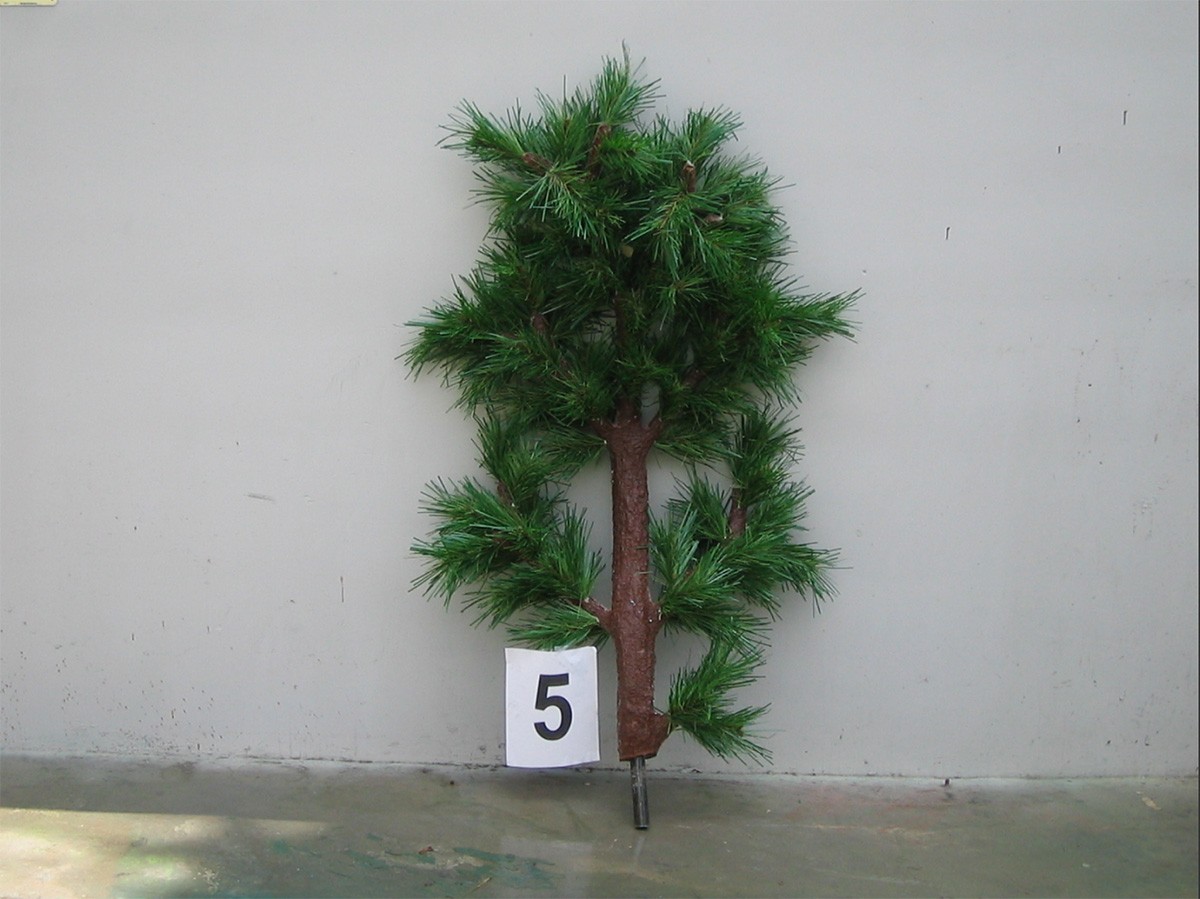syn·site
in fun terms: (exuberant): a "syn-site" is like a superhero of spaces, not stuck in one place or time but zooming across different locations and experiences, both real and virtual. It can be anywhere and everywhere, all at once, juggling a bazillion different things. Picture a super-charged, ultra-connected web of experiences that's constantly evolving and changing. It's like the ultimate party where everyone and everything is invited, from real-world objects to digital ideas, all interacting and influencing each other in a cosmic dance! (whimsical): imagine every place you've ever been, every dream you've ever had, every idea that's ever tickled your brain, all gathered together for a grand cosmic potluck. Each brings their own flavor, their own story, their own essence, creating a delightful, surprising, and sometimes bewildering mélange. That's a syn-site: a cosmic kitchen where reality's recipes get remixed, and the menu is always changing!
in fun terms: (exuberant): a "syn-site" is like a superhero of spaces, not stuck in one place or time but zooming across different locations and experiences, both real and virtual. It can be anywhere and everywhere, all at once, juggling a bazillion different things. Picture a super-charged, ultra-connected web of experiences that's constantly evolving and changing. It's like the ultimate party where everyone and everything is invited, from real-world objects to digital ideas, all interacting and influencing each other in a cosmic dance! (whimsical): imagine every place you've ever been, every dream you've ever had, every idea that's ever tickled your brain, all gathered together for a grand cosmic potluck. Each brings their own flavor, their own story, their own essence, creating a delightful, surprising, and sometimes bewildering mélange. That's a syn-site: a cosmic kitchen where reality's recipes get remixed, and the menu is always changing!
SYN (along with, at the same time | from Greek SYN, with | ~SYNTHETIC) + SITE (N: point of event, occupied space, internet address; V: to place in position | from Latin SITUS, location, idleness, forgetfulness | ~WEBSITE ¬cite ¬sight), cf. SITE/NON-SITE (from Robert Smithson, A PROVISIONAL THEORY OF NONSITES, 1968)
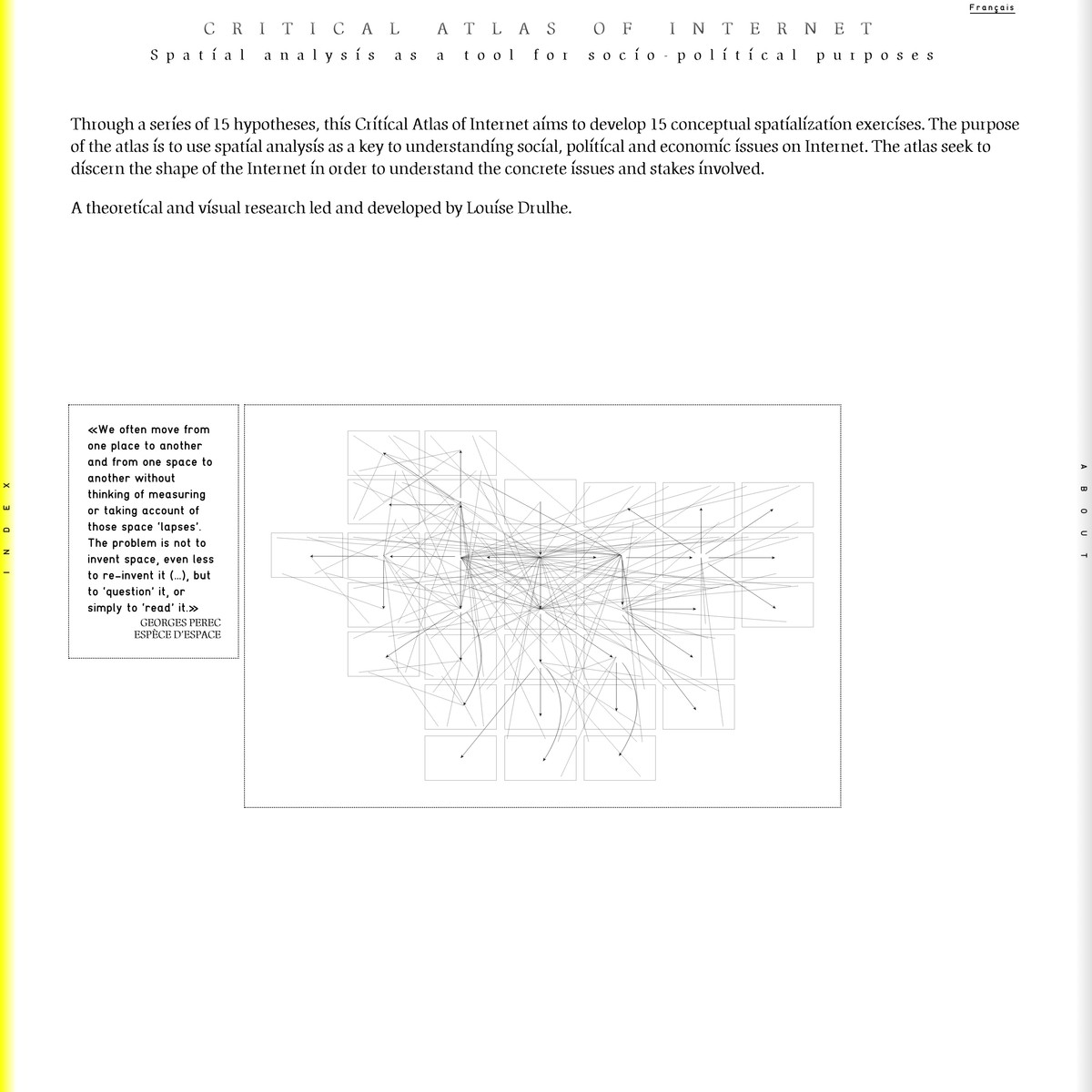


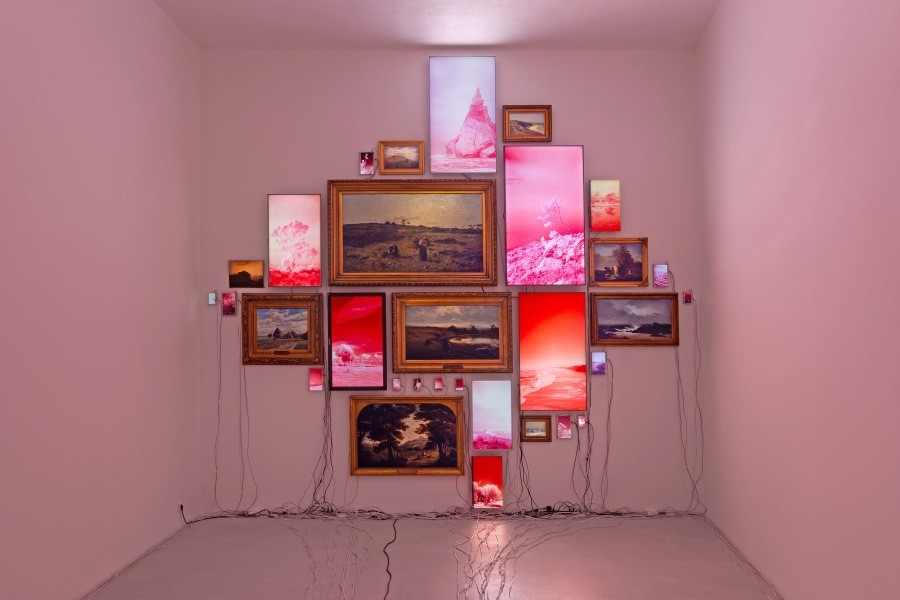


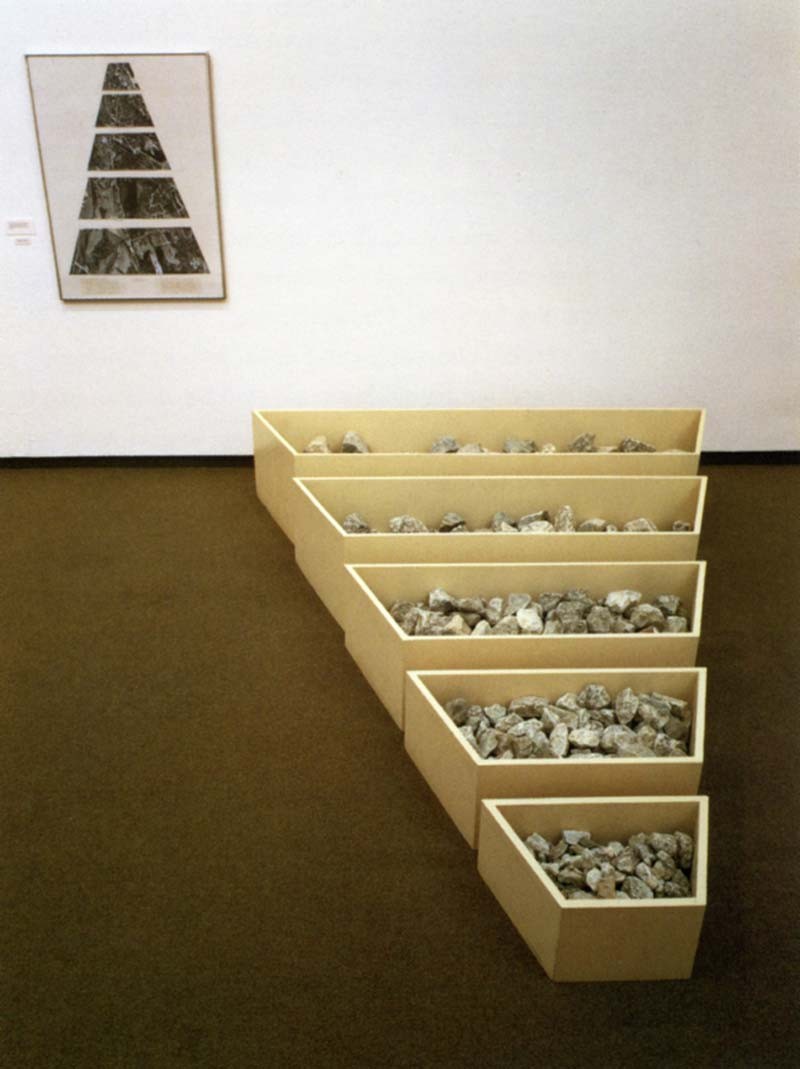


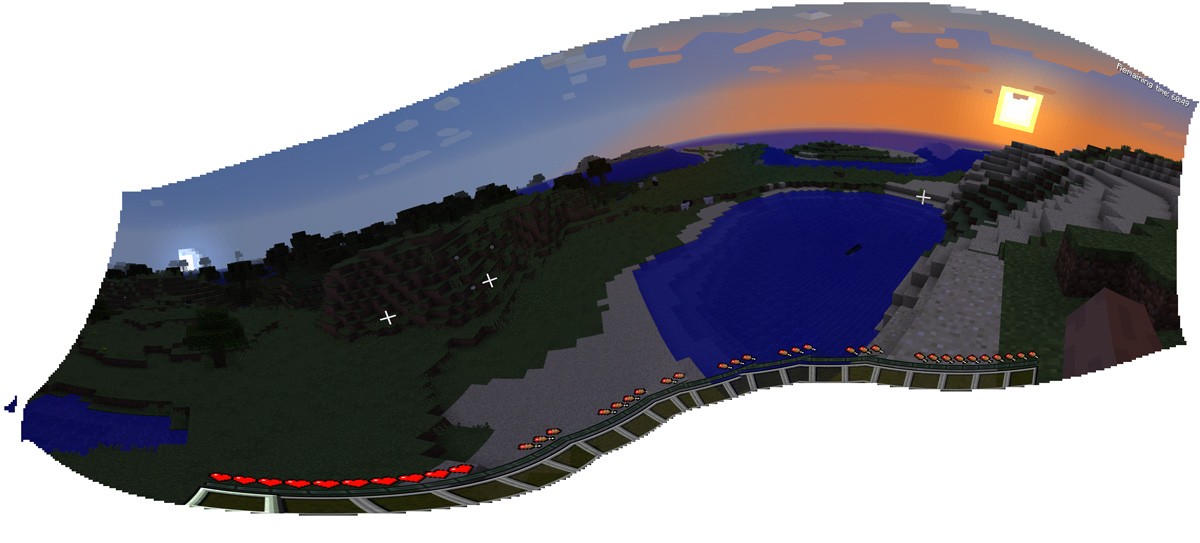


scape verb
\ ˈskāp \
scaped; scaping
Definition of scape (Entry 1 of 3)
: escape
"some innocents scape not the thunderbolt" (William Shakespeare)
scape noun (1)
Definition of scape (Entry 2 of 3)
1: a peduncle arising at or beneath the surface of the ground in an acaulescent plant (such as the tulip)
broadly : a flower stalk
2: the shaft of an animal part (such as an antenna or feather)
scape noun (2)
Definition of scape (Entry 3 of 3)
: a view or picture of a scene —usually used in combination
//city scape
scape verb
\ ˈskāp \
scaped; scaping
Definition of scape (Entry 1 of 3)
: escape
"some innocents scape not the thunderbolt" (William Shakespeare)
scape noun (1)
Definition of scape (Entry 2 of 3)
1: a peduncle arising at or beneath the surface of the ground in an acaulescent plant (such as the tulip)
broadly : a flower stalk
2: the shaft of an animal part (such as an antenna or feather)
scape noun (2)
Definition of scape (Entry 3 of 3)
: a view or picture of a scene —usually used in combination
//city scape
scape verb
\ ˈskāp \
scaped; scaping
Definition of scape (Entry 1 of 3)
: escape
"some innocents scape not the thunderbolt" (William Shakespeare)
scape noun (1)
Definition of scape (Entry 2 of 3)
1: a peduncle arising at or beneath the surface of the ground in an acaulescent plant (such as the tulip)
broadly : a flower stalk
2: the shaft of an animal part (such as an antenna or feather)
scape noun (2)
Definition of scape (Entry 3 of 3)
: a view or picture of a scene —usually used in combination
//city scape



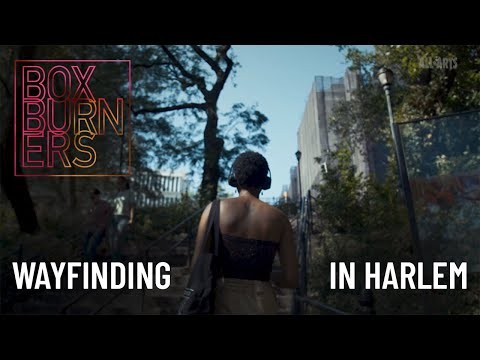


It’s not a physical landscape. It’s a term reserved for the new technologies. It’s a landscape in the future. It’s as though you used technology to take you off the ground and go like Alice through the looking glass.
It’s not a physical landscape. It’s a term reserved for the new technologies. It’s a landscape in the future. It’s as though you used technology to take you off the ground and go like Alice through the looking glass.
It’s not a physical landscape. It’s a term reserved for the new technologies. It’s a landscape in the future. It’s as though you used technology to take you off the ground and go like Alice through the looking glass.
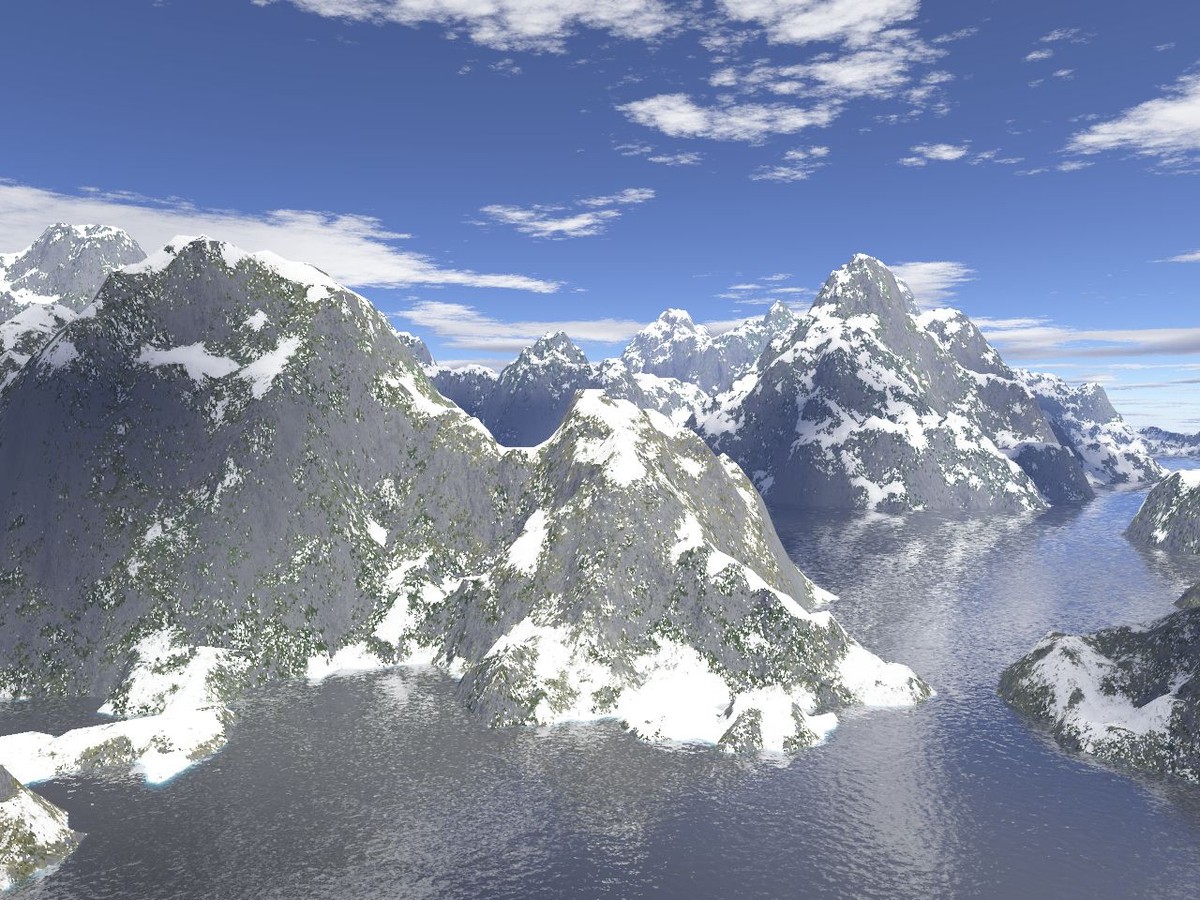


For a sense of why the ambiguity arises, consider how we experience geography in everyday life. We might suppose there is a unique “real” shape to the landscape—what Google Earth shows—but in practice the shape is defined by the experience of being embedded within that landscape, and that experience can vary. [...] When we eschew the view from on high, we can no longer make definitive statements about what is where.
In an epiphany in 1915, Einstein realized that the ambiguity is not a bug but a feature. He noted that we never observe places to have absolute locations, anyway. Instead we assign positions based on how objects are arranged relative to one another, and—crucially—those relative locations are objective. [...] If the landscape buckled or flowed while preserving these relations, the denizens would never know. So it is for spacetime.
[...] When we say it's located at such and such a place, we're really using a shorthand for its relations to other landmarks. Lacking definitive coordinates, the cafeteria must be situated by the things within and around it. [...]
General relativity confounds our intuitive picture of space as a kind of container in which material objects reside and forces us to search for an entirely new conception of place.
For a sense of why the ambiguity arises, consider how we experience geography in everyday life. We might suppose there is a unique “real” shape to the landscape—what Google Earth shows—but in practice the shape is defined by the experience of being embedded within that landscape, and that experience can vary. [...] When we eschew the view from on high, we can no longer make definitive statements about what is where.
In an epiphany in 1915, Einstein realized that the ambiguity is not a bug but a feature. He noted that we never observe places to have absolute locations, anyway. Instead we assign positions based on how objects are arranged relative to one another, and—crucially—those relative locations are objective. [...] If the landscape buckled or flowed while preserving these relations, the denizens would never know. So it is for spacetime.
[...] When we say it's located at such and such a place, we're really using a shorthand for its relations to other landmarks. Lacking definitive coordinates, the cafeteria must be situated by the things within and around it. [...]
General relativity confounds our intuitive picture of space as a kind of container in which material objects reside and forces us to search for an entirely new conception of place.
For a sense of why the ambiguity arises, consider how we experience geography in everyday life. We might suppose there is a unique “real” shape to the landscape—what Google Earth shows—but in practice the shape is defined by the experience of being embedded within that landscape, and that experience can vary. [...] When we eschew the view from on high, we can no longer make definitive statements about what is where.
In an epiphany in 1915, Einstein realized that the ambiguity is not a bug but a feature. He noted that we never observe places to have absolute locations, anyway. Instead we assign positions based on how objects are arranged relative to one another, and—crucially—those relative locations are objective. [...] If the landscape buckled or flowed while preserving these relations, the denizens would never know. So it is for spacetime.
[...] When we say it's located at such and such a place, we're really using a shorthand for its relations to other landmarks. Lacking definitive coordinates, the cafeteria must be situated by the things within and around it. [...]
General relativity confounds our intuitive picture of space as a kind of container in which material objects reside and forces us to search for an entirely new conception of place.
